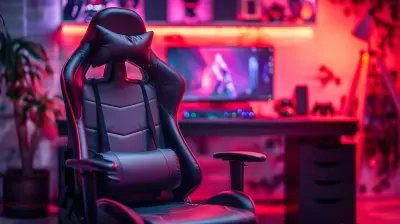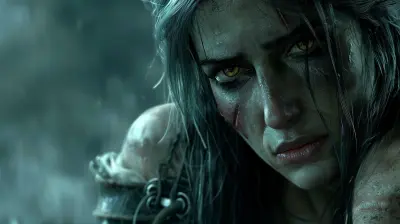Why Gamers Are Among the Most Passionate Fans
7 September 2025
If you’ve ever had a conversation with a true gamer, you’ll know exactly what I mean when I say they’re some of the most passionate fans on Earth. Whether they’re defending their favorite character with the intensity of a lawyer in a courtroom or staying up for midnight launches like they’re preparing for battle… gamers care. A lot.
So, what is it about gamers that sparks this kind of fiery devotion? Why do they form such strong connections with pixels on a screen, digital worlds, and online communities? Let’s take a deep dive into the world of gaming fandom and uncover why gamers are in a league of their own when it comes to passion.
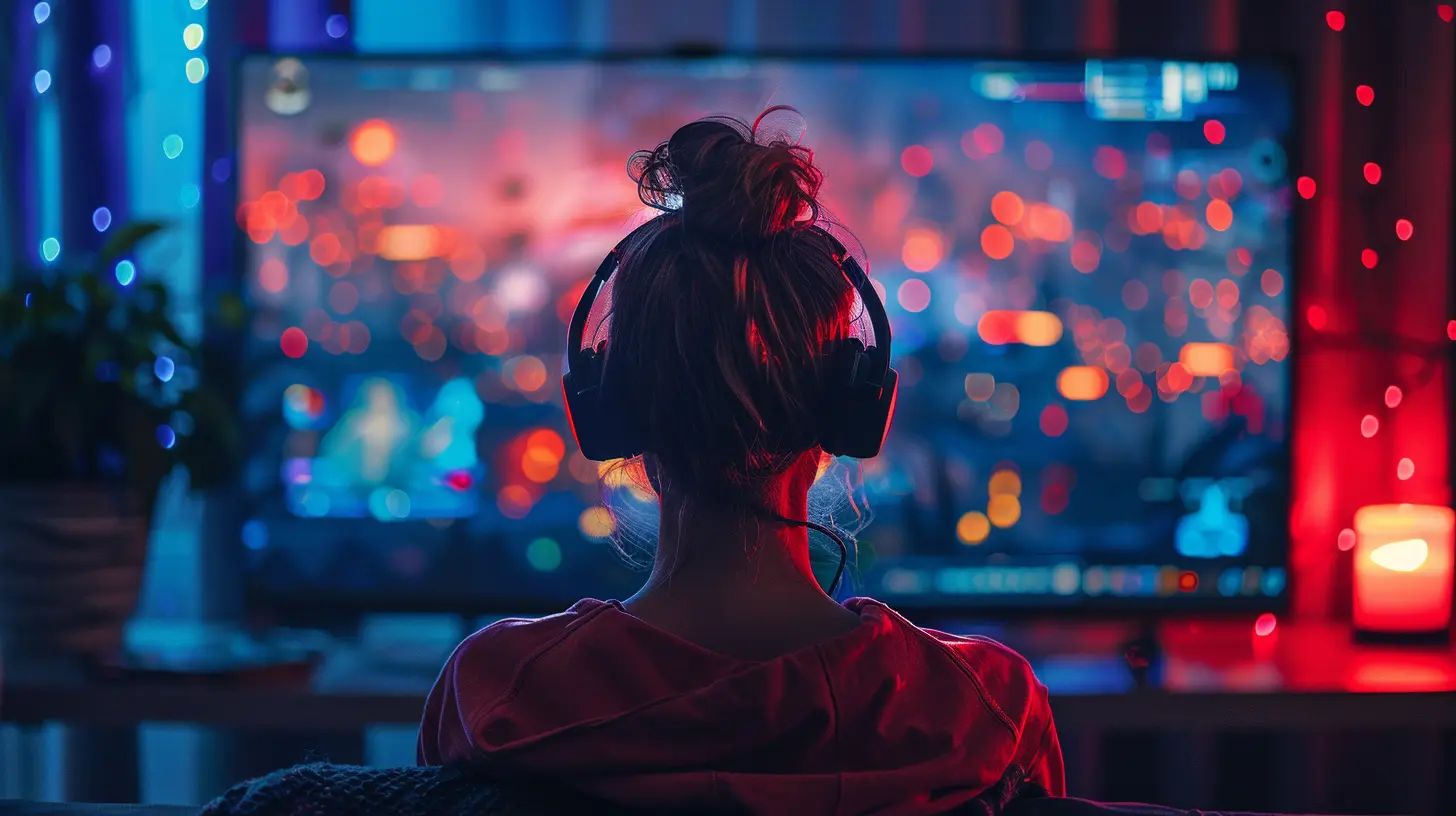
The Power of Immersive Storytelling
Let’s start with the obvious: storytelling.Video games aren’t simple entertainment anymore. They’ve evolved dramatically — from pixelated side-scrollers to sprawling open-world epics with narratives that rival the best of Hollywood. Just think about titles like The Last of Us, Red Dead Redemption 2, or God of War. These games aren’t just "fun" — they’re emotionally gripping.
You’re not just watching a story unfold. You’re a part of it. You make the choices. You experience the wins and losses firsthand. That kind of immersion is rare in other forms of media.
And when you live a story, not just watch it, you can’t help but develop deep emotional ties. That’s fuel for serious fandom.
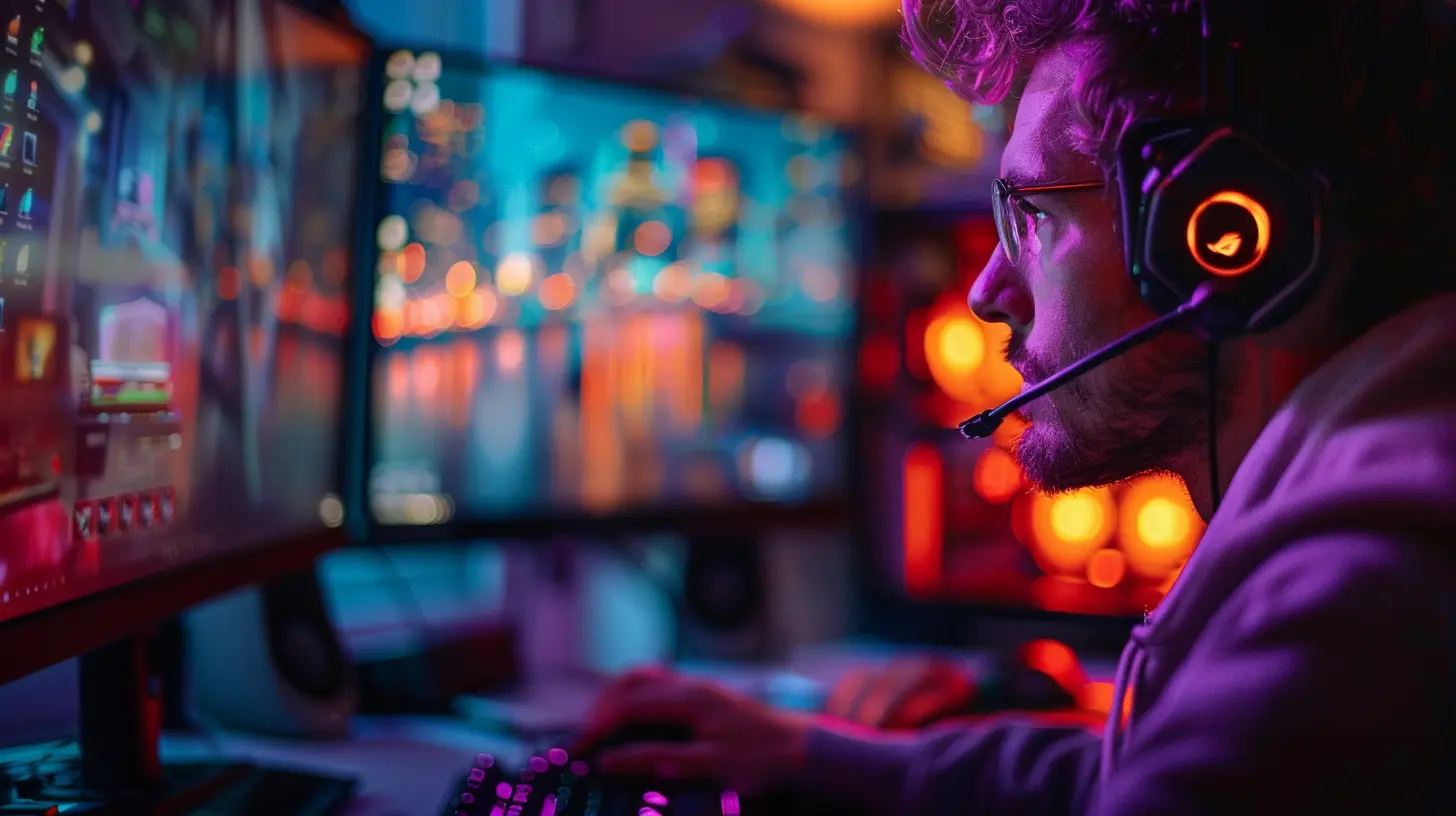
Meaningful Player Investment
Time. Effort. Emotion.Gamers don’t just consume content; they contribute to it. Think about it — people spend hundreds (sometimes thousands) of hours in games leveling up characters, collecting loot, solving mysteries, and perfecting strategies.
When you’ve spent 300 hours trying to 100% a game, you’re not just a casual fan. You’re part of that ecosystem. And that level of investment builds a connection that’s hard to shake.
It’s like building a relationship — the more you put into it, the more it means to you.
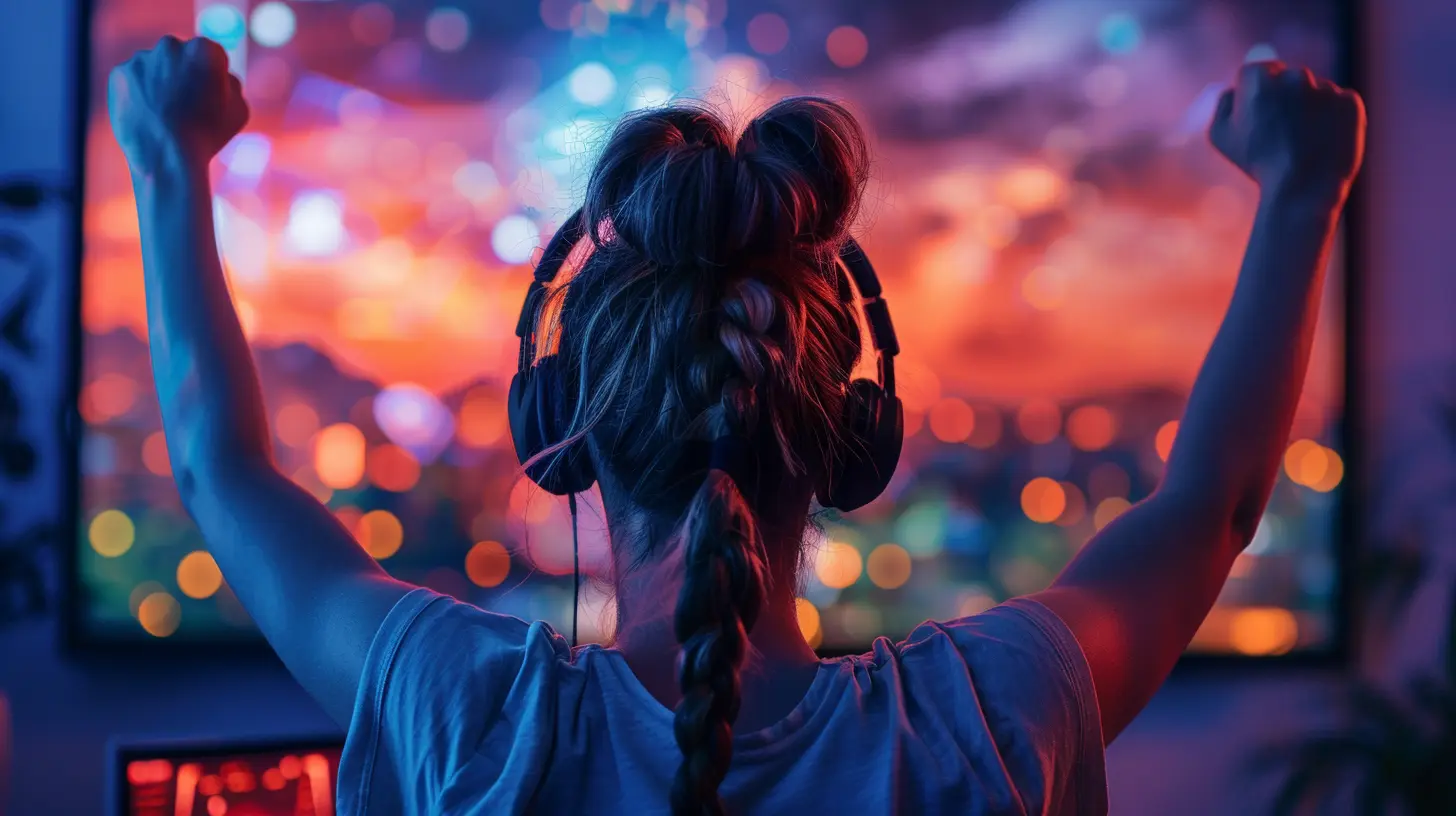
Communities That Feel Like Family
One of the most underrated reasons why gamers are so passionate? The community.Gaming isn’t a solo activity anymore. With multiplayer modes, online forums, Discord servers, Twitch streams, and more, gamers form tight-knit groups that often feel like a second family.
From discussing strategies to sharing memes and inside jokes, these communities create a sense of belonging. And that sense of belonging? It feeds passion. It fuels loyalty.
Ever heard of “guild drama” in MMOs like World of Warcraft? Yeah, it’s real — and it’s because people care deeply about their in-game families.
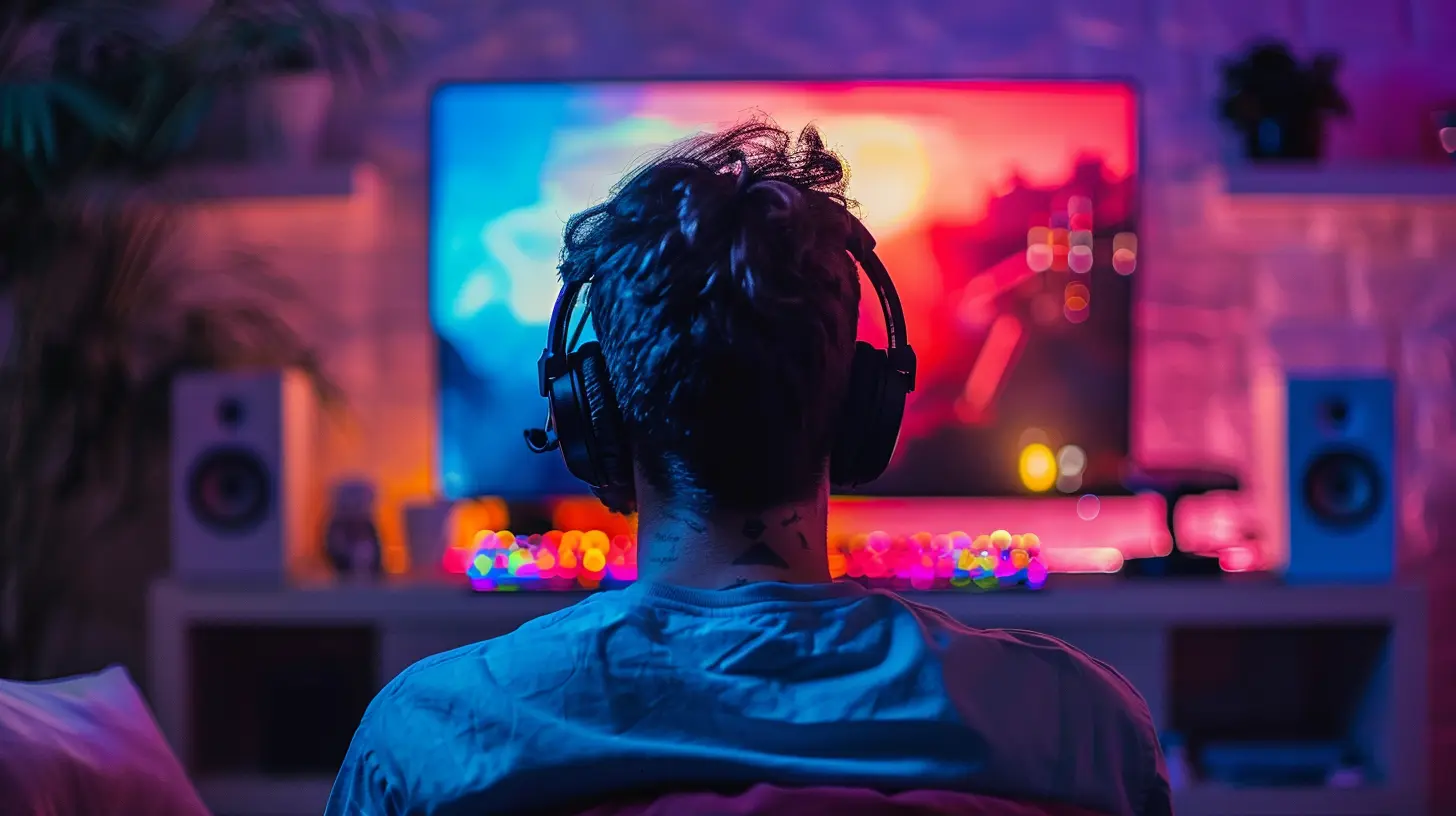
Shared Experiences, Lifelong Memories
Ask any gamer about their favorite co-op moments or the first time they beat an insanely hard boss, and they’ll light up like a Christmas tree. Why? Because these shared victories and even the crushing defeats become lifelong memories.Whether it’s pulling off a perfectly-timed raid in Destiny 2 or scoring the winning goal in Rocket League, these experiences are more than just gameplay. They’re events — moments of adrenaline, teamwork, and pure joy.
It’s no wonder gamers look back with nostalgia, even on those rage-quit-inducing moments. They’re part of the emotional rollercoaster that fuels that fiery fan passion.
The Creativity of the Gaming Universe
Gamers crave lore. They analyze character backstories, scour environments for Easter eggs, and create wild fan theories. Why? Because the worlds of games are insanely rich and creative.Unlike a two-hour movie or a ten-episode series, games can be a hundred-hour journey. That means there’s more world-building, more detail, and more room to fall in love with what you're experiencing.
And when fans have access to fan art, mods, cosplay, fanfiction, and massive conventions like E3 or PAX, the creative output doesn’t stop in the game. It spills over into real life. That kind of creative momentum is like gasoline on the fire of passion.
A Sense of Accomplishment and Mastery
Let’s talk dopamine for a second.In many games, your progress is tangible. You unlock upgrades, beat levels, and get rewarded for mastering mechanics. That steady drip of accomplishment is addictive — in a good way.
And here’s the thing: when you finally take down that soul-crushing boss you've been fighting for days (looking at you, Dark Souls), the sense of achievement is real. Not virtual — real. You feel it in your bones.
That feeling of triumph? That’s what makes players keep coming back. That’s where the pride comes from. And when you're proud of what you’ve achieved, you become fiercely passionate about it.
Nostalgia Hits Hard
Remember your first console? Your first game? That childhood favorite that made you fall in love with gaming in the first place?For so many gamers, those early experiences stick with them forever. Gaming is tied to memories of growing up, bonding with siblings, or making friends online. It’s more than entertainment — it’s emotional.
So when a franchise gets resurrected (cough Final Fantasy VII Remake cough) or a new version of a classic game hits the shelves, fans go nuts. That’s the power of nostalgia — and gamers are especially vulnerable to it. In the best possible way.
The Competitive Fire
Esports. Ranked matches. Leaderboards.Gamers are competitive by nature, and competition breeds intensity. Whether it’s climbing the League of Legends ladder or fighting for that top 0.1% in Fortnite, the thrill of besting others adds a whole new layer to the gaming passion.
And when you’re competing at that level, you naturally become more deeply invested. You care more — about the game, your performance, your teammates, and the community around it.
The result? A fanbase that doesn’t just watch — it plays, improves, and flat-out obsesses.
Giving Back to the Games They Love
Gamers don’t just consume — they contribute.Content creators, streamers, developers, modders, fan artists — the gaming world is packed with talent. These aren't just people who enjoy games. These are people who dedicate their time, energy, and creativity to enhancing the experience for others.
Think about the Skyrim modding community, or the endless Minecraft creations. These aren’t paid developers — they’re fans who love the game so much, they work on it in their own time.
That level of devotion? That’s not just passion. That’s love.
Emotional Attachment to Characters
Let’s be real: we’ve all cried over a video game death. (No spoilers here, but if you know, you know.)Gamers spend hours — sometimes days — with the same characters. They level them up, fight side-by-side, watch their backstories unfold, and ride the emotional rollercoaster with them.
It’s no wonder players get attached. These characters are more than just avatars — they’re companions.
And when something happens to them… oh, boy. Cue the waterworks. Passions flare up. Forums explode. The internet collectively mourns.
And that emotional connection? That’s another reason why gamers defend their games like they’re sacred.
It Goes Beyond the Game
Gaming doesn’t end when the console shuts off. It spills into real life. Whether it’s attending conventions, getting tattoos of beloved game symbols, or decking out your room with RGB lights and game merch — for many, gaming is a lifestyle.Gamers identify with the games they love. It’s part of their personality, their friend group, their interests.
They live gaming — and that’s why they love it so fiercely.
Games Change Lives
This one’s a little deeper.For some, games aren’t just a hobby. They’re an escape, a safe space, or even a lifeline. Video games have helped people through depression, anxiety, and loneliness. They’ve created friendships and communities for people who might otherwise feel isolated.
When something changes your life — or even saves it — you don’t just like it. You treasure it.
That’s why gamers are loud, proud, and passionate. Because for many, games mean everything.
Final Thoughts: Passion, Pixel by Pixel
So, why are gamers among the most passionate fans?Because their connection to gaming is so much more than entertainment. It’s emotional investment, competitive drive, artistic expression, nostalgia-fueled love, and above all — community.
Gamers don’t just play games. They live them, feel them, and share them. They build stories and lifelong memories through every pixel, every mission, and every win (or loss).
And when you care that deeply about something? That’s more than fandom. That’s passion in its purest form.
So next time you hear a gamer ranting for 30 minutes about why Mass Effect 2 is the best in the trilogy — maybe, just maybe — listen. You're witnessing pure, undiluted love.
all images in this post were generated using AI tools
Category:
Gamer LifestyleAuthor:

Brianna Reyes
Discussion
rate this article
1 comments
Charlotte McClendon
Absolutely! Gamers’ passion fuels creativity and community—truly inspiring to see!
September 16, 2025 at 3:37 AM

Brianna Reyes
Thank you! It's amazing how gaming fosters such deep connections and creativity within communities.
